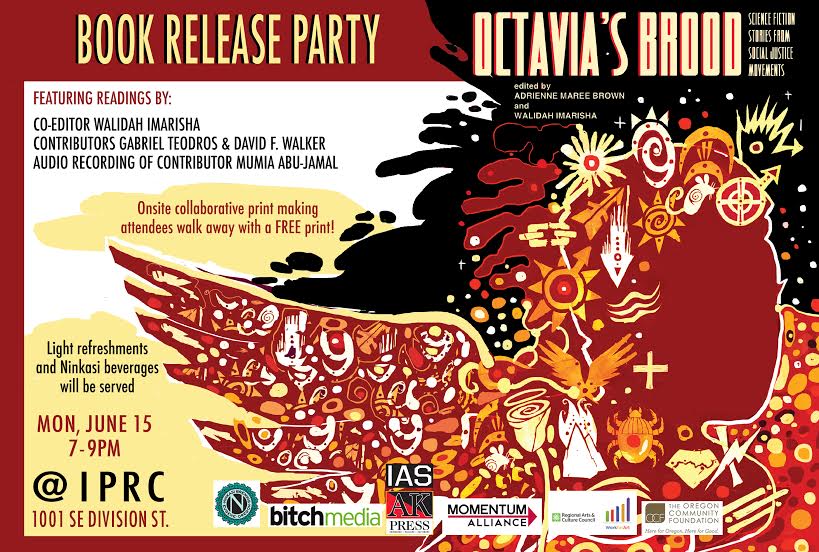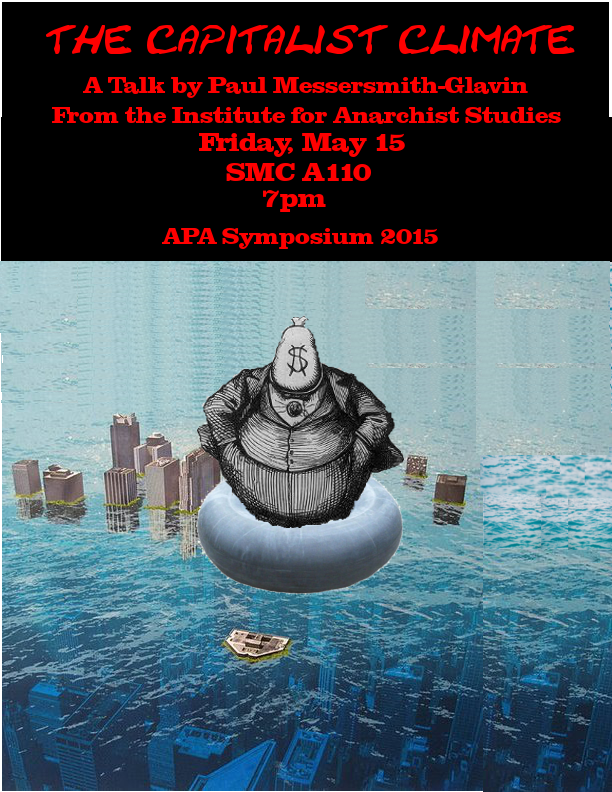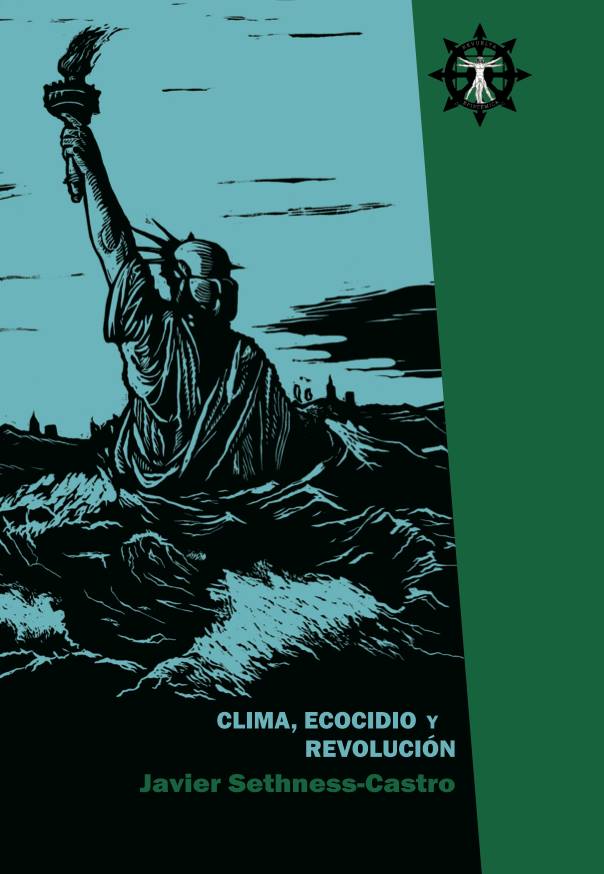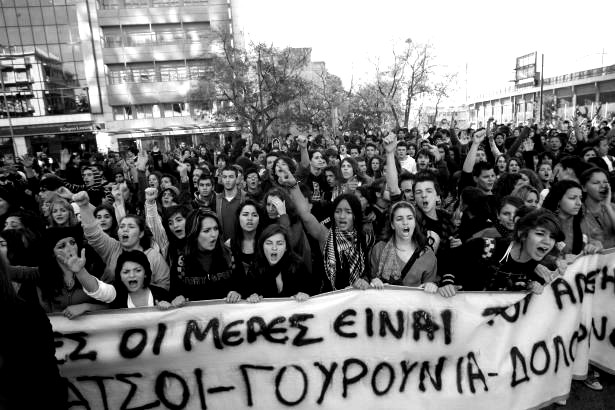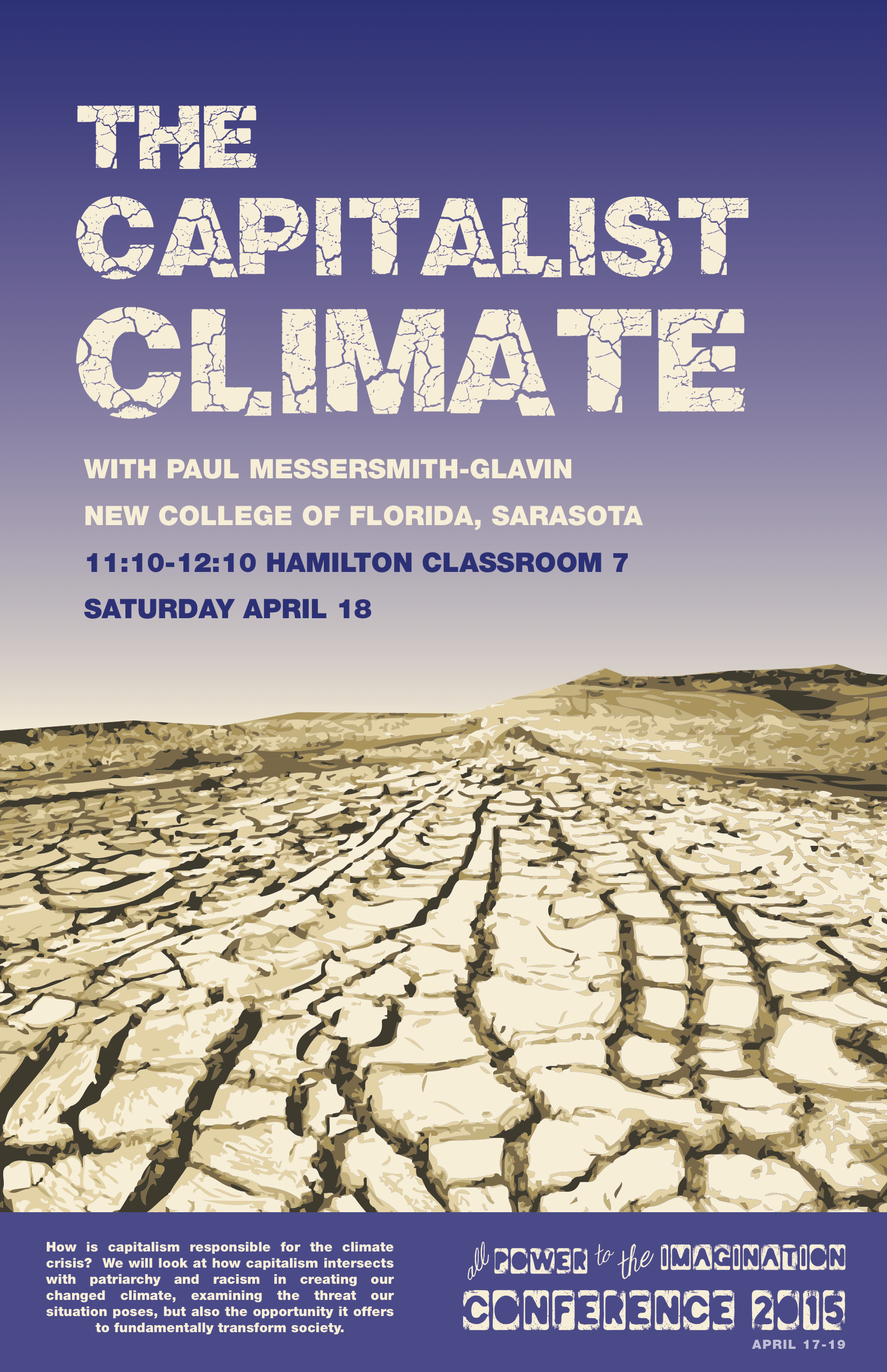“By marking our own text with the signs of battle, we hope to go a little further towards a more open and self-aware discourse.” – Partha Chatterjee[2]
In the aftermath of the failed revolutions of 1848, the exiled Russian radical Mikhail Bakunin published a pamphlet titled Appeal to the Slavs by a Russian Patriot. Bakunin, not yet an anarchist but already showing anarchistic tendencies, called for the destruction of the Austrian Empire and the establishment of a federation of free Slav republics. Typical to what would later become the anarchist analysis for which he is known, Bakunin asserted that the peasantry was the revolutionary class that would be the decisive force in bringing down capitalism and empire. In reference to the uprisings, Bakunin praised what he called the “revolutionary spirit” of “all those who suffered under the yoke of foreign powers.”[3] He called for greater solidarity among the colonized and warned against doctrinaire ideology:
“The oppression of one is the oppression of all, and we cannot violate the liberty of one being without violating the freedom of all of us. The social question…cannot be resolved either by a preconceived theory or by any isolated system… We must, first, purify our atmosphere and make a complete transformation of our environment, for it corrupts our instincts and our will by constricting our hearts and our minds.”[4]
From its earliest articulations, revolutionary anarchism was not only anticapitalist, but also anti-imperialist and anticolonialist.[5]
Read more


